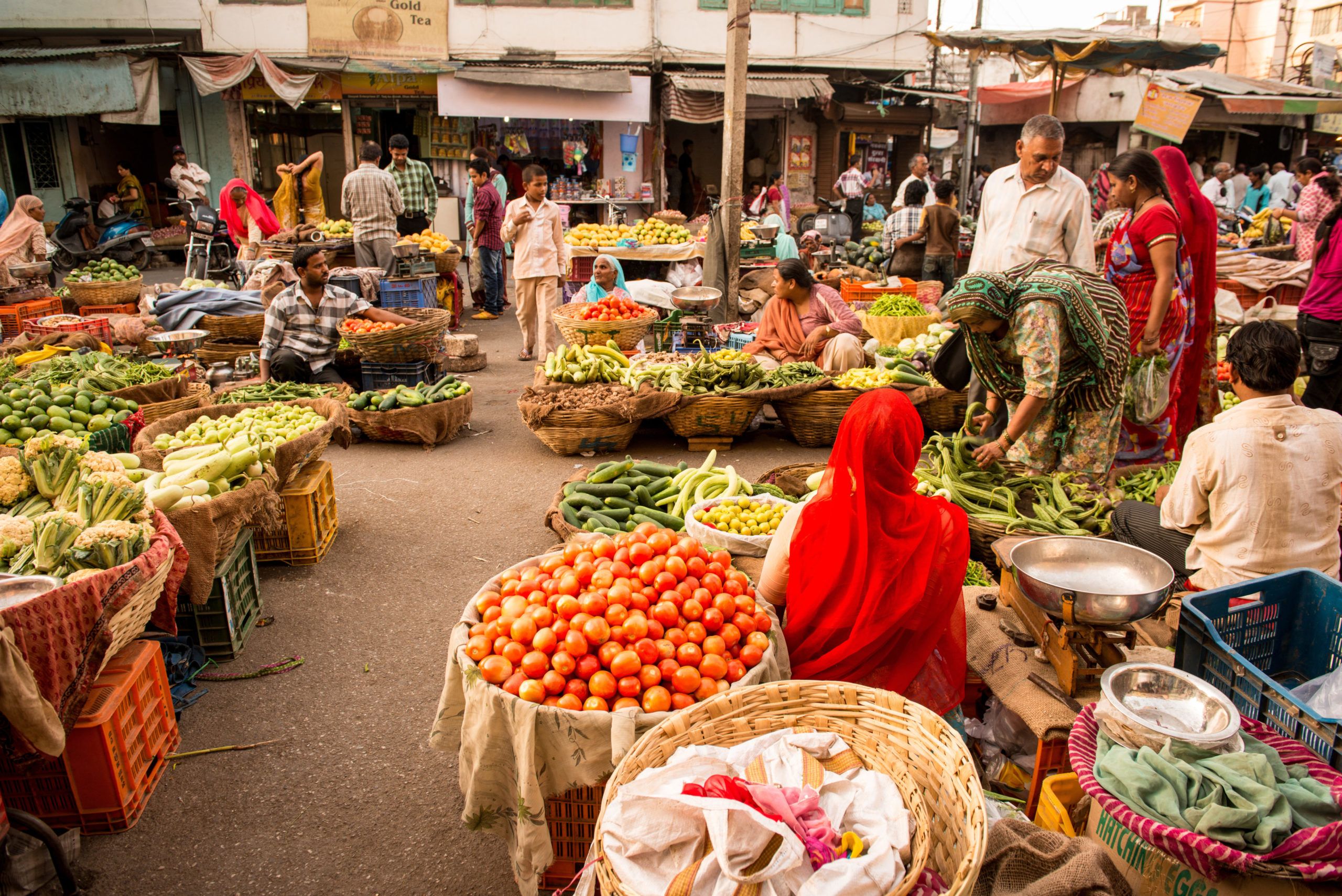“We are at the very early stages of technology deployment in the agrifood industry in India — like where the ecommerce industry was 10 years back; it feels like we’re in that territory now,” says Rajesh Sawhney, founder of GSF, India’s leading startup accelerator.
Sawhney is a serial entrepreneur and investor, responsible for bringing private radio to India in the early 1990s, building Indiatimes.com in the early 2000s, and running Reliance Entertainment through the growth of Bollywood. He’s made over 50 angel investments, and also hosts three tech startup conferences in Asia. He is also a food tech entrepreneur, founding food delivery startup InnerChef in 2015.
Indian AgriFood Tech Accelerator
Now, with backing from Mistletoe, the venture capital firm founded by Taizo Son, SoftBank CEO Masayoshi Son’s brother, Sawhney is going even deeper into agrifood technology with the launch of a new agrifood tech startup accelerator called Gastrotope.
“Agrifood is a massive industry in any economy and also politically sensitive because it employs a large portion of the population, especially in a country like India,” he tells AgFunderNews.
India’s agrifood sector faces specific challenges, he adds, such as the high number of smallholder farmers and a “massive middle class looking out for new food experiences,” he adds.
This presents several places in the value chain for innovation — from drones to satellites to artificial intelligence and data — to make a difference, and Gastrotope will aim to incubate and fund startups operating across the chain, from farm to fork.
While still in the planning stages, the accelerator will provide entrepreneurs with angel funding of up to $100k and incubation support to get their agrifood tech businesses off the ground. “We will be the first check they get; typical Y Combinator or TechStars type funding,” says Sawhney.
Between now and the start of 2018, Sawhney will be building out the team for Gastrotope as well as talking to various state governments and stakeholders that will contribute to the platform.
Working with State Governments
Considering the role that the state has in the industry, Sawhney plans to work with local governments to help promote the deployment of technologies on the farm.
“I wish this collaboration was going to be easy; governments are not used to private-public participation historically, but there are many savvy local governments that understand the need for this collaborative framework, given the reality of the modern world.”
State government collaboration, which will focus on Gastrotope’s farmtech investments, could involve funding, he adds, but will also focus on typical development goals such as local employment.
“On the demand, consumer side, there’s not as much need for government collaboration,” he adds.
Where is AgriFood Tech Today in India?
According to Sawhney, the first wave of technology innovation to hit the agrifood industry has aimed to solve information asymmetry.
“If you look at the information gap between the farmer and the producer or seller, there is lots of arbitrage right now, but newer models are coming along that will create newer opportunities,” he says.
Sawhney expects the next wave to come closer to the farm such as farm technologies approaching issues around water deficiency as well as flooding, both of which affect different parts of the country.
Infrastructurally, India’s agriculture industry is lacking, with coastal farming areas “primitive places” needing better access to farm supplies such as fertilizers as well as financial resources; tech startups could play a role here, according to Sawhney.
He also sees a disconnect between the supply side of farming and the consumer side, which is demanding more food options.
India was the second most active country for agrifood tech investment in the first half of 2017 after the US with 29 startups raising funding during the period. This only equated to $195 million worth of disclosed investment as companies typically raised smaller amounts than their US counterparts ($120k to $80m). However there were also 11 undisclosed deals and nearly 60% of the deals were at seed stage. Funding also dropped 31% compared to the first half of 2016.
(Fun Fact: Taizo Son is Japan’s 30th and world’s 828th richest billionaire, according to Forbes.)





